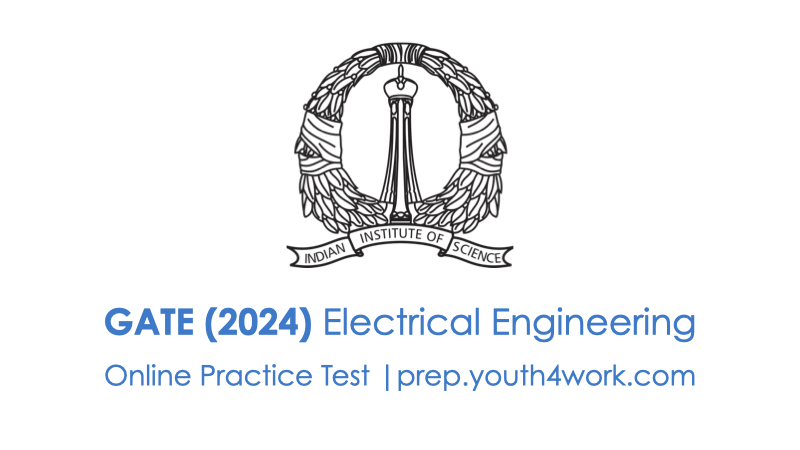5 Answers
5 Answers
-
PRACTICE MAKES A MAN PERFECT. you have to practice a lot of mathematics. also your colege teachers will assist you if get stuck with any question. constant practice will make it very easy.0Modal content
-
Maths is totally depend on practice better you practice better output you will get0Modal content
-
COLLEGE NOTES MORE THAN SUFFICIENT FOR YOUR PREPARATION BUT NECESSARY PRACTICE OK.1Modal content
-
best way to study mathematics till gate exam is ..daily practice 2 hours1Modal content
-
1. Practice, Practice & More Practice
It is impossible to study maths properly by just reading and listening. To study maths you have to roll up your sleeves and actually solve some problems. The more you practice answering maths problems, the better. Each problem has its own characteristics and it’s important to have solved it in numerous ways before tackling the exam. There is no escaping this reality, to do well in a Maths exam you need to have solved a LOT of mathematical problems beforehand.
2. Review Errors
When you’re practising with these problems, it’s important to work through the process for each solution. If you have made any mistakes, you should review them and understand where your problem-solving skills let you down. Understanding how you approached the problem and where you went wrong is a great way of becoming stronger and avoiding the same mistakes in the future.
3. Master the Key Concepts
Do not try to memorise the processes. This is counter-productive. It is much better and rewarding in the long-run to focus on understanding the process and logic that is involved. This will help you understand how you should approach such problems in the future.
Remember that Maths is a sequential subject so it’s important to have a firm understanding of the key concepts that underpin a mathematical topic before moving on to work on other, more complex solutions which are based on understanding the basics.
4. Understand your Doubts
Sometimes you can get stuck trying to solve part of a maths problem and find it difficult to move on to the next stage. It’s common for many students to skip this question and continue on to the next. You should avoid doing this and instead spend time trying to understand the process of solving the problem. Once you have grasped an understanding of the initial problem, you can use this as a stepping stone to progress to the remainder of the question.9Modal content
-
is it free app for preparation
-
In a constant V/f control of induction motor, the ratio V/f is maintained constant from 0 to base frequency, where V is the voltage applied to the motor at fundamental frequency f.
-
what is rectifier
-
hi everyone! well i am first year eee student I have I have more fear about gate please help how to prepare gate
-
Reference Books For All Subjects For Gate
-
GATE 2017 self preparation in 4 months
-
How score the GATE2018 during college time
-
Gate syllabus for electrical engineering
-
am studying my btech 3 yr.... am i eligible to write GATE 2018 exam....?
-
What is the syllabus of GATE EE Exam 2019?








